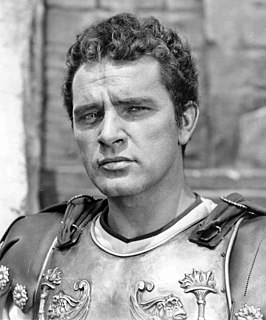A Quote by Donovan
The poet is the voice of the people. And when the poet presents certain ideas, two phrases in one poem can alter a generation's view. So poets have always been feared - and controlled and jailed.
Related Quotes
One of the surest tests of the superiority or inferiority of a poet is the way in which a poet borrows. Immature poets imitate mature poets steal bad poets deface what they take and good poets make it into something better or at least something different. The good poet welds his theft into a whole of feeling which is unique utterly different than that from which it is torn the bad poet throws it into something which has no cohesion. A good poet will usually borrow from authors remote in time or alien in language or diverse in interest.
I know that in a poem, even when the speaker is speaking from the poet's experience, there's always something that's borrowed, some authority that sits outside of the poet that the poem has claimed. There's a dramatic pitch that makes the speaker capable of saying something more courageous or stranger or simply other than what the poet would be able to say.
Two opposing forces inhabit the poem: one of elevation or up-rooting, which pulls the word from the language: the other of gravity, which makes it return. The poem is an original and unique creation, but it is also reading and recitation: participation. The poet creates it; the people, by recitation, re-create it. Poet and reader are two moments of a single reality.
Another trouble with poetry - and I'm gonna stop the list at two - is the presence of presumptuousness in poetry, the sense you get in a poem that the poet takes for granted an interest on the reader's part in the poet's autobiographical life, in the poet's memories, problems, difficulties and even minor perceptions.
A poet is wounded into speech, and he examines these wounds, meticulously, to discover how to heal them. The bad poet harangues at the pain and yowls at the weapons that lacerate him; the great poet explores the inflamed lips of ruined flesh with ice-caked fingers, glittering and precise; but ultimately his poem is the echoing, dual voice reporting the damages.
Exact science and its practical movements are no checks on the greatest poet, but always his encouragement and support ... The sailor and traveller, the anatomist, chemist, astronomer, geologist, phrenologist, spiritualist, mathematician, historian and lexicographer are not poets, but they are the lawgivers of poets and their construction underlies the structure of every perfect poem.
I find myself absolutely fulfilled when I have written a poem, when I'm writing one. Having written one, then you fall away very rapidly from having been a poet to becoming a sort of poet in rest, which isn't the same thing at all. But I think the actual experience of writing a poem is a magnificent one.



































